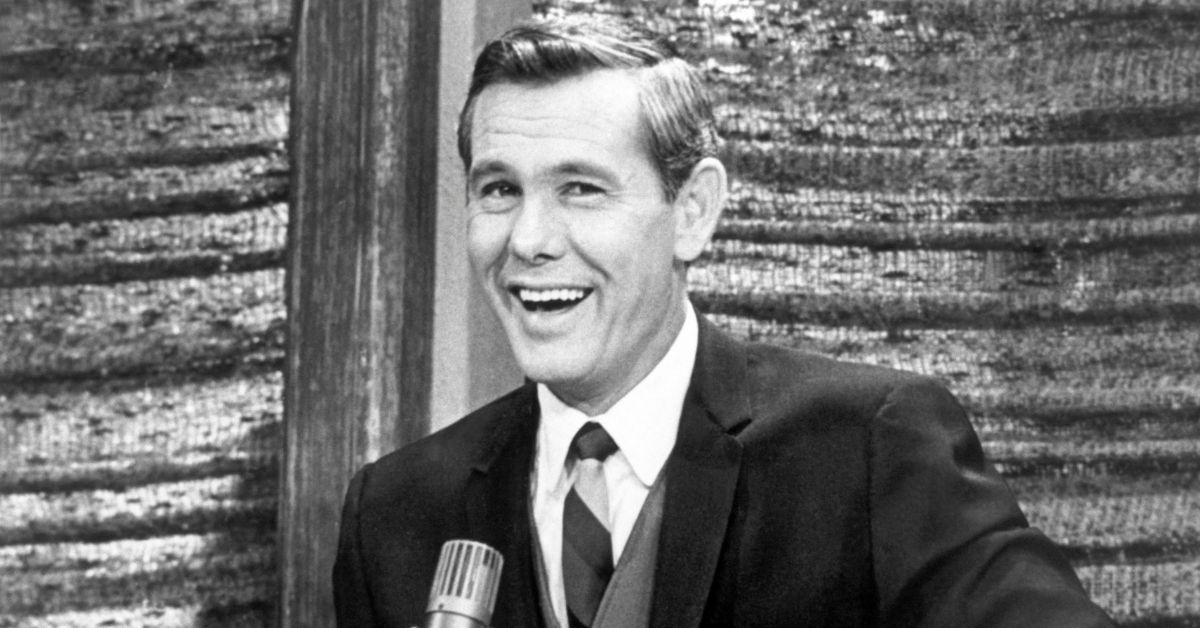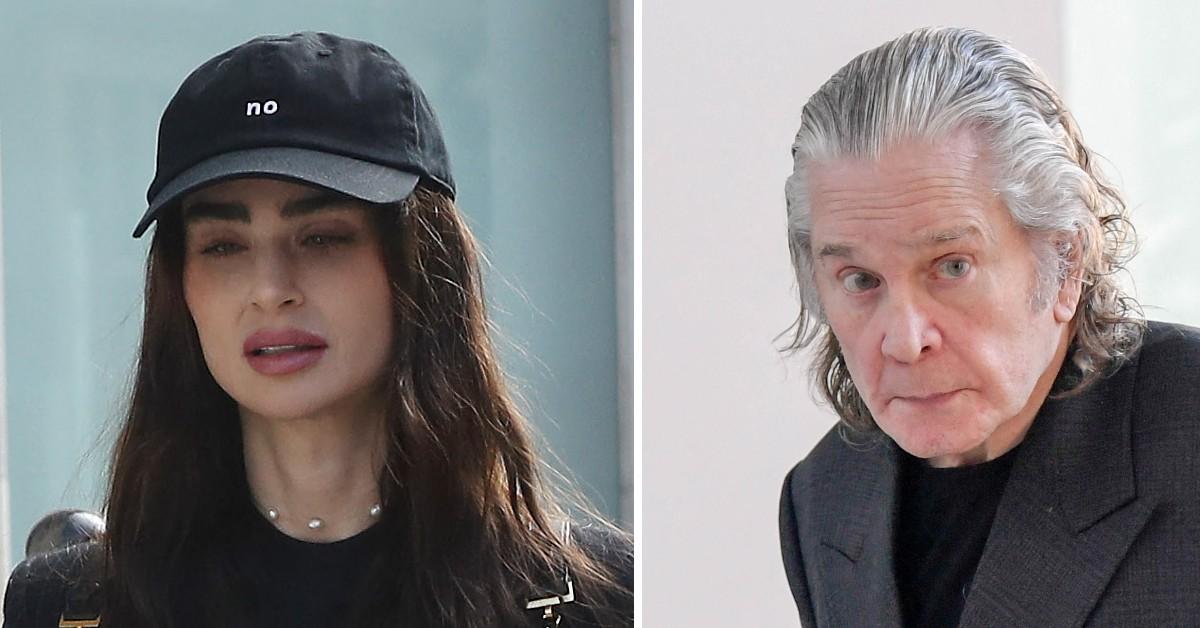Chris Cornell’s Former Beverly Hill Mansion Sells For $9.8 Million

June 1 2022, Published 2:31 p.m. ET
Late rocker Chris Cornell’s longtime Los Angeles mansion has been unloaded for $9.8 million.
According to real estate records obtained by Radar, the property is under contract at the asking price. The former Soundgarden singer originally purchased the 5-bedroom, 6-bathroom, 5,806 sq. ft. property with his wife Vicky for $4,225,000 in 2005.
The couple lived in the home until unloading the home for $5.1 million in 2013. The buyer of the home was a Belgian socialite Christine Snider-Decroix, according to the New York Post.
The gated property listing said the “pristine paradise” is located on a “quiet cul-de-sac in one of the world's most covetable zip codes.”

According to the property listing, the home features a “grand foyer” with a “retractable skylight to a great room with soaring 20-foot ceilings and Murano chandeliers handmade in Italy.”
Other amenities include designer countertops, stainless steel appliances, a wine fridge, and an espresso machine. The primary suite includes its own fireplace, balcony patio, spacious walk-in closets, and dual bathrooms, “one of which boasts a soaking tub.”
In May 2017, Cornell was found dead at the age of 52. The rockstar’s body was found on the bathroom floor of his hotel room at MGM Grand Detroit after a Soundgarden show.
The singer’s wife called a friend to check on him after not hearing from him. Over the years, Cornell was open about his struggles with substance abuse.
In a past interview, Cornell said he was a “daily drug user at 13.” His cause of death was determined to be suicide by hanging.
The Coroner's report showed Cornell had lorazepam in his system along with "barbiturates and the anti-opioid drug naloxone," according to the AP.

Last year, Cornell's widow Vicky and his children reached a settlement with the rocker's doctor who they accused of overprescribing him.
The family accused the medicine prescribed by Dr. Robert Koblin of causing Cornell to act erratic prior to his death. The suit said the doctor had prescribed "dangerous mind-altering controlled substances to Chris Cornell which impaired Mr. Cornell's cognition, clouded his judgment, and caused him to engage in dangerous impulsive behaviors that he was unable to control, costing him his life."

Koblin denied all allegations of wrongdoing. The parties eventually reached a confidential deal which lead to the suit being dismissed.




